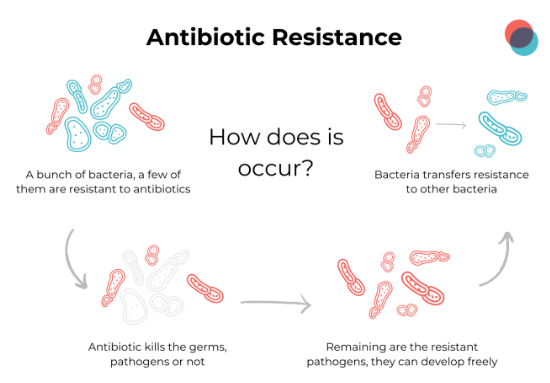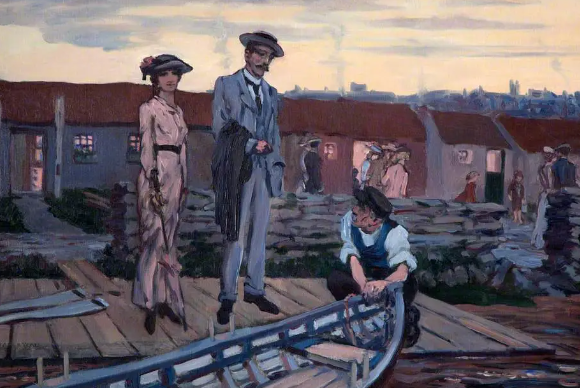One of the greatest achievements of the industrial world was to get to a point where water could be safely cleaned so that human waste was removed from it, with subsequently huge reductions in disease. We take clean water for granted now, but before water treatment was reliable, diseases such as typhoid and cholera were rife and killed millions of people. Only vaccinations now rival the success of these early engineering wins in terms of public health benefits.
The risks of sewage
The risk of taking in bacteria from human waste is still significant as it greatly increases the risk of infection, including bacteria that are resistant to antibiotics. Although the UK’s tap water is safe, there are fears that public health may be compromised by the effects of climate change, which have seen greater volumes of stormwater flooding. Companies that install drain lining Gloucester, such as https://www.wilkinson-env.co.uk/sewer-repairs-drain-lining-concrete-cutting/drain-repairs/gloucester/ have seen first-hand the effects of severe storms and flooding and the issues they cause.
Safe waterways
Everyone knows that rivers and streams do not contain water that is fit for drinking, but they must still be safe enough for children to play in and for people to swim in without significant risks of human coliform ingestion. However, more and more water companies are emitting untreated human waste into these water sources.
In addition to causing increasing issues for public health, the practice of emitting raw sewage into rivers presents a danger to ecosystems and the environment. Data suggests that around 200 discharges of raw waste into British waterways occur every year. This is a serious issue for public health regulators and the government. It has become clear that water boards are resorting to this emergency practice on an increasingly regular basis.



